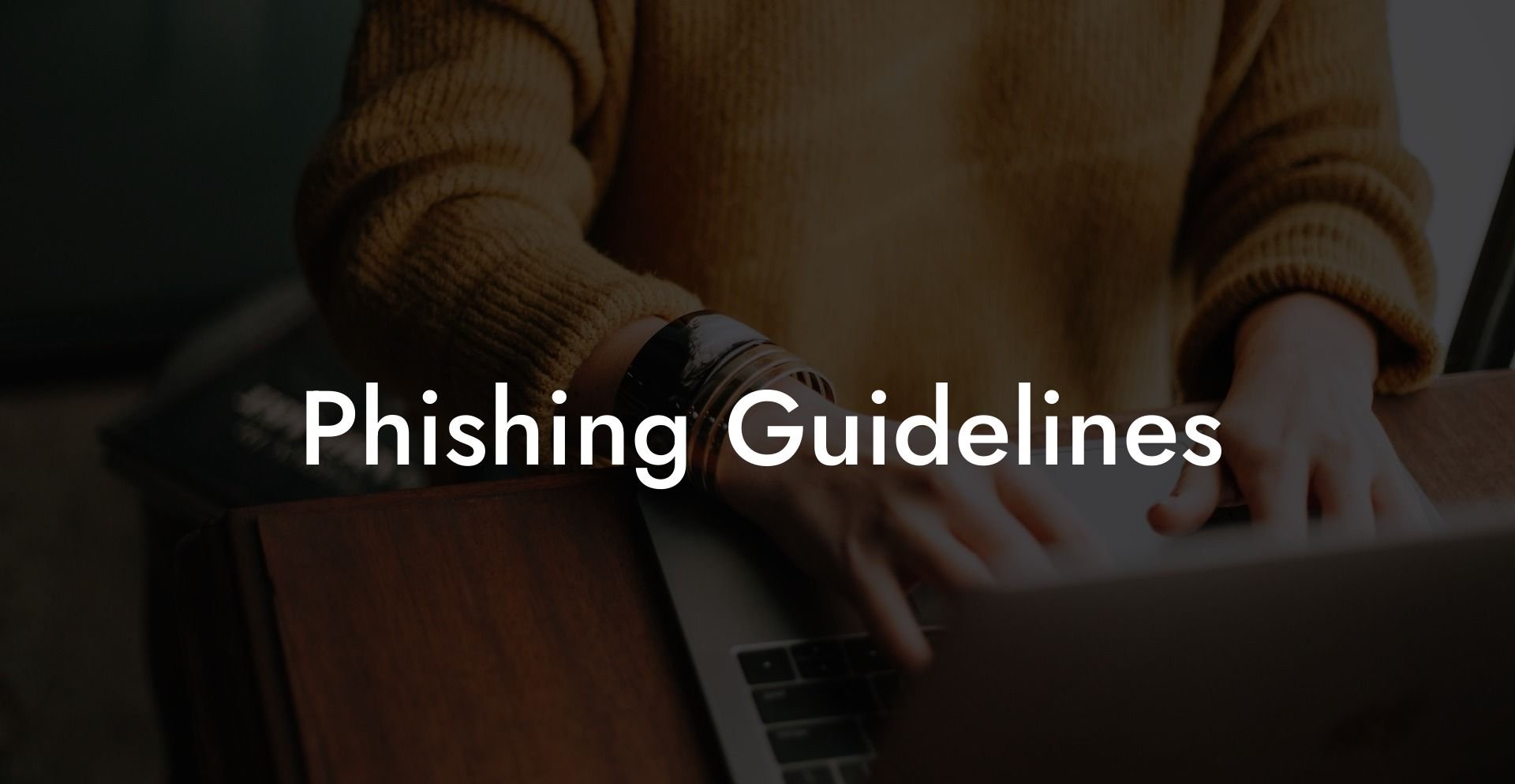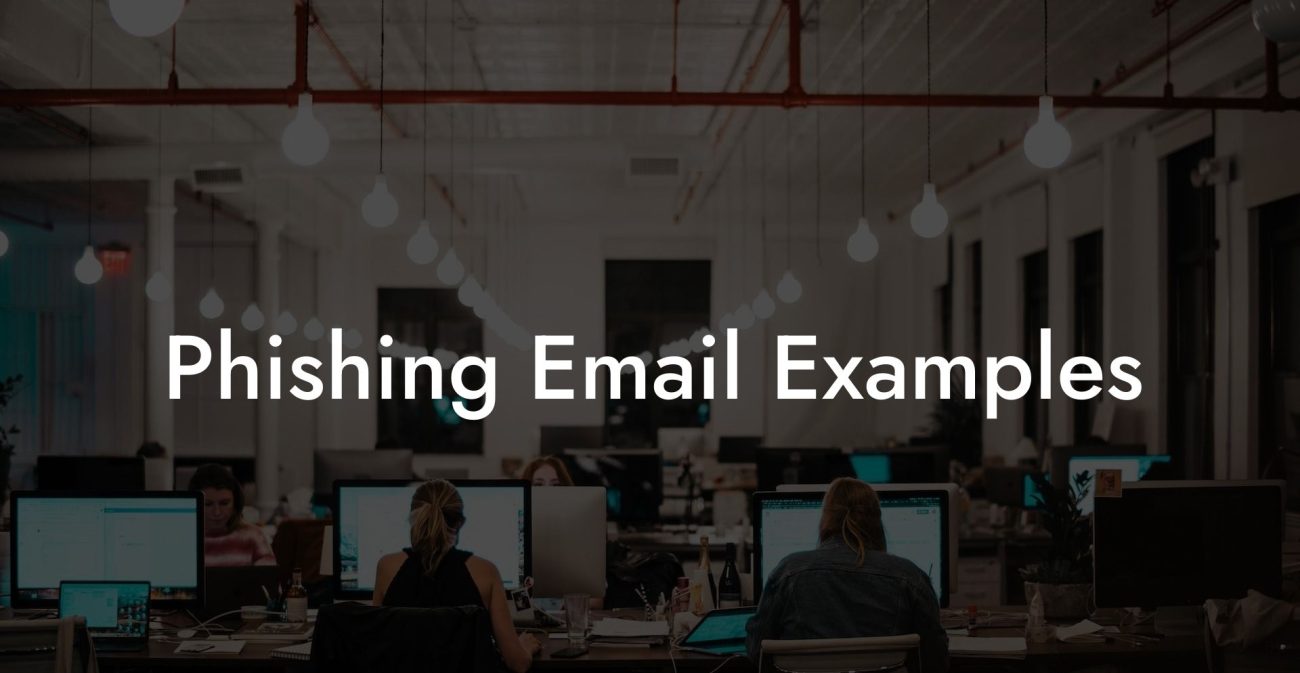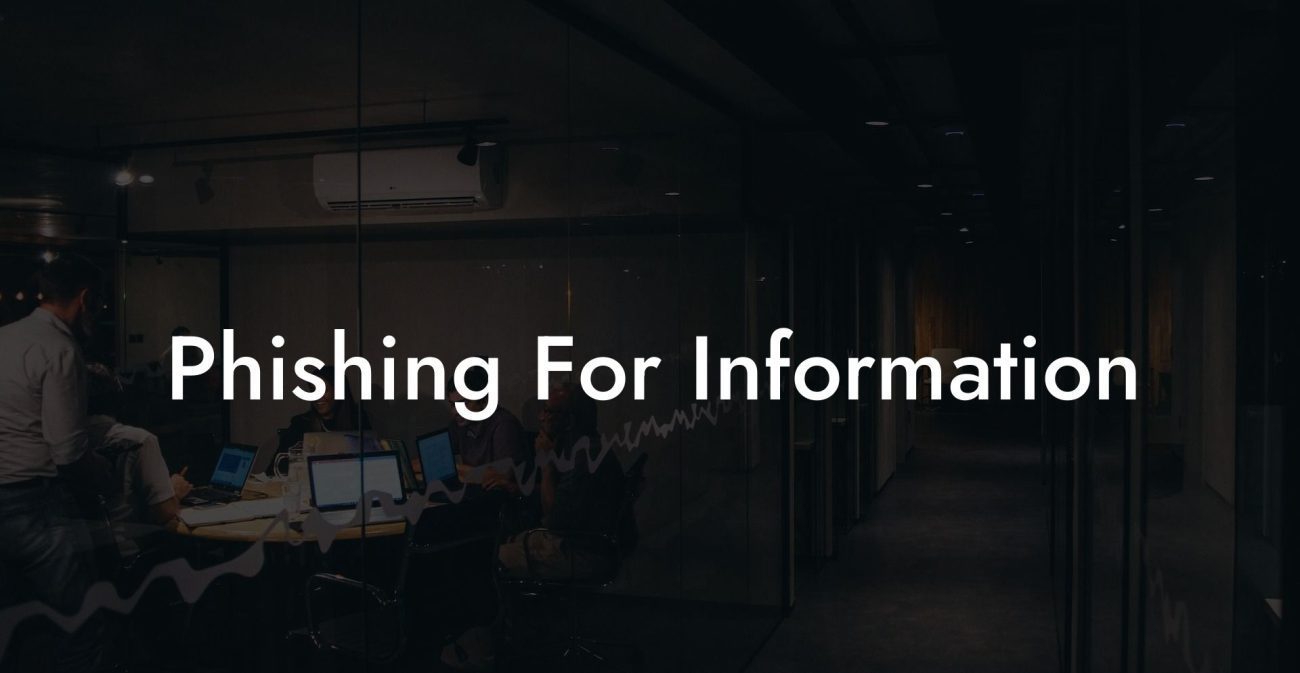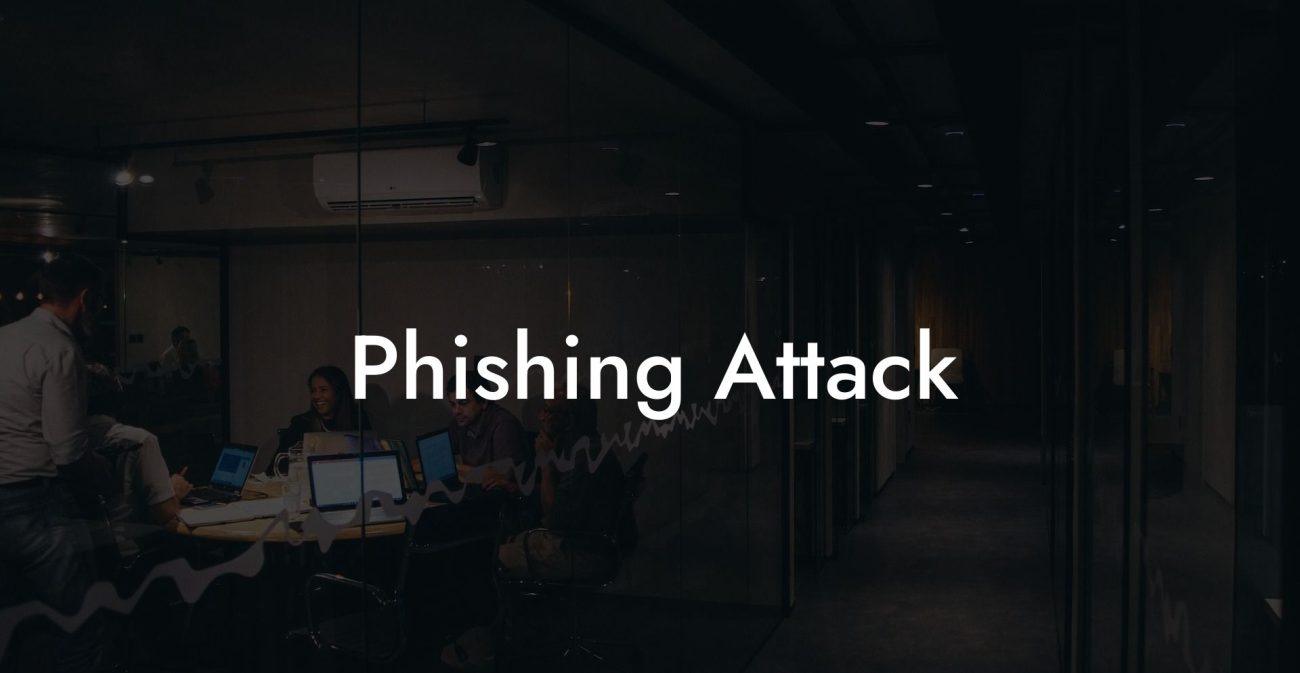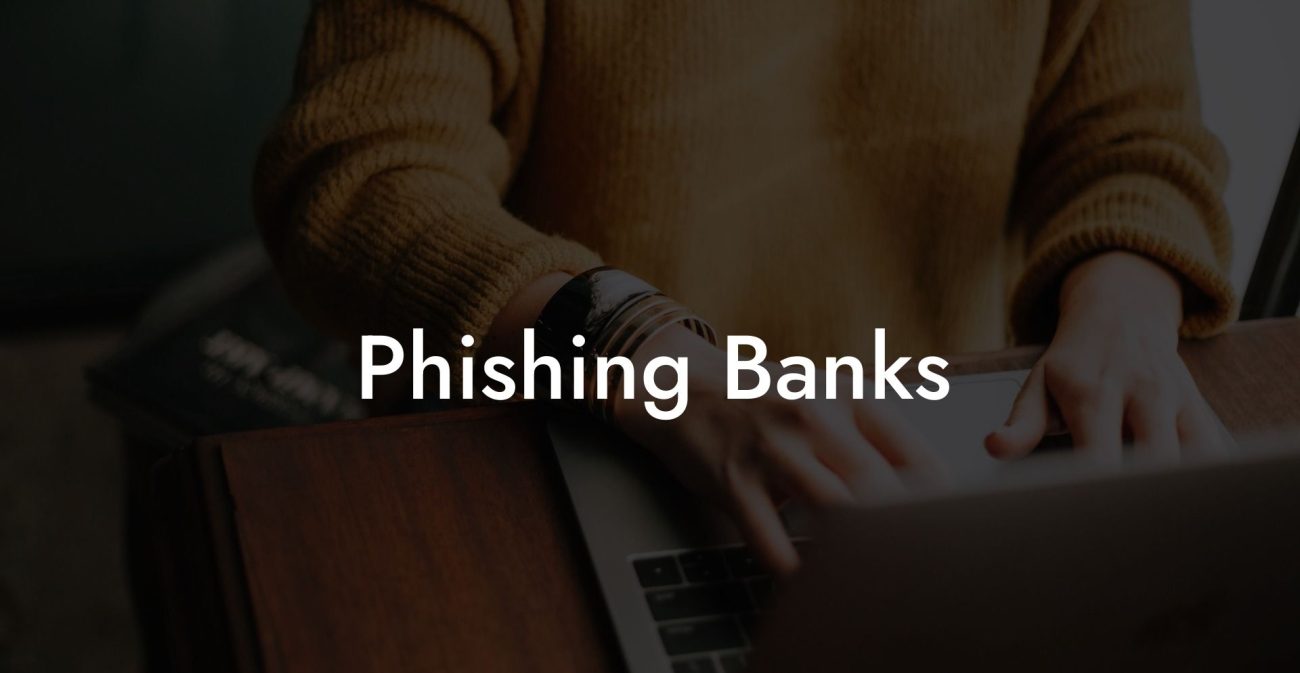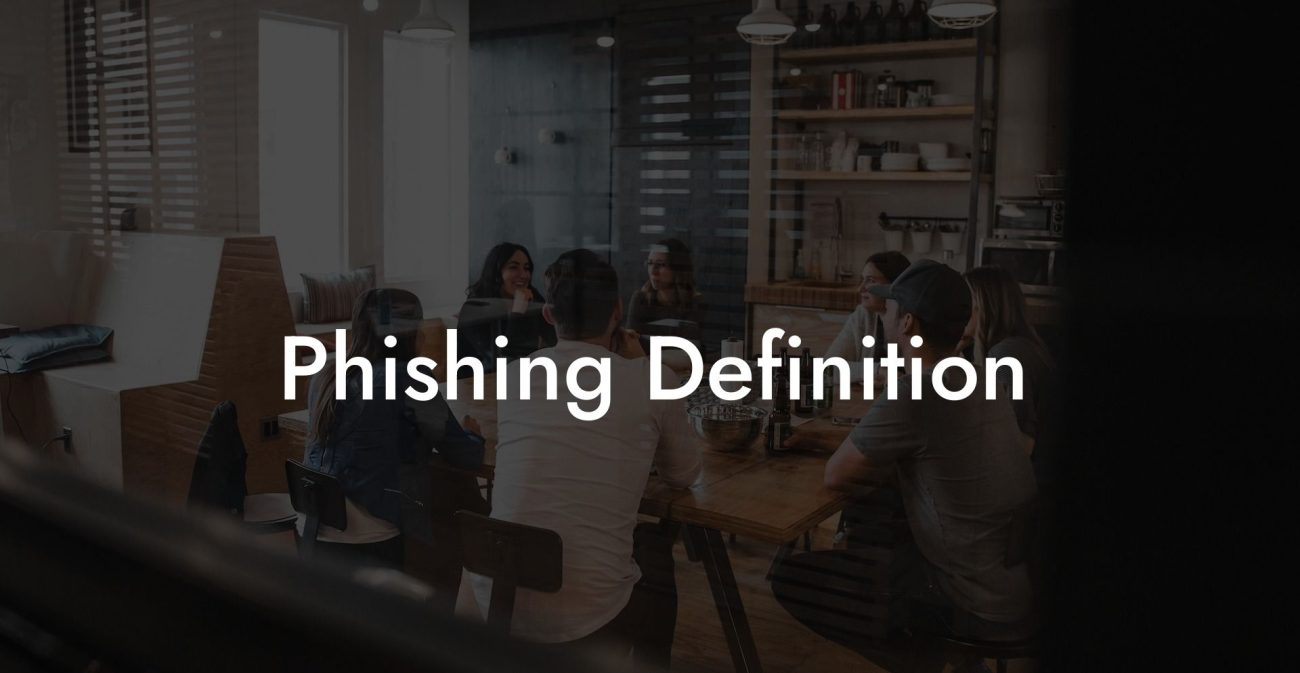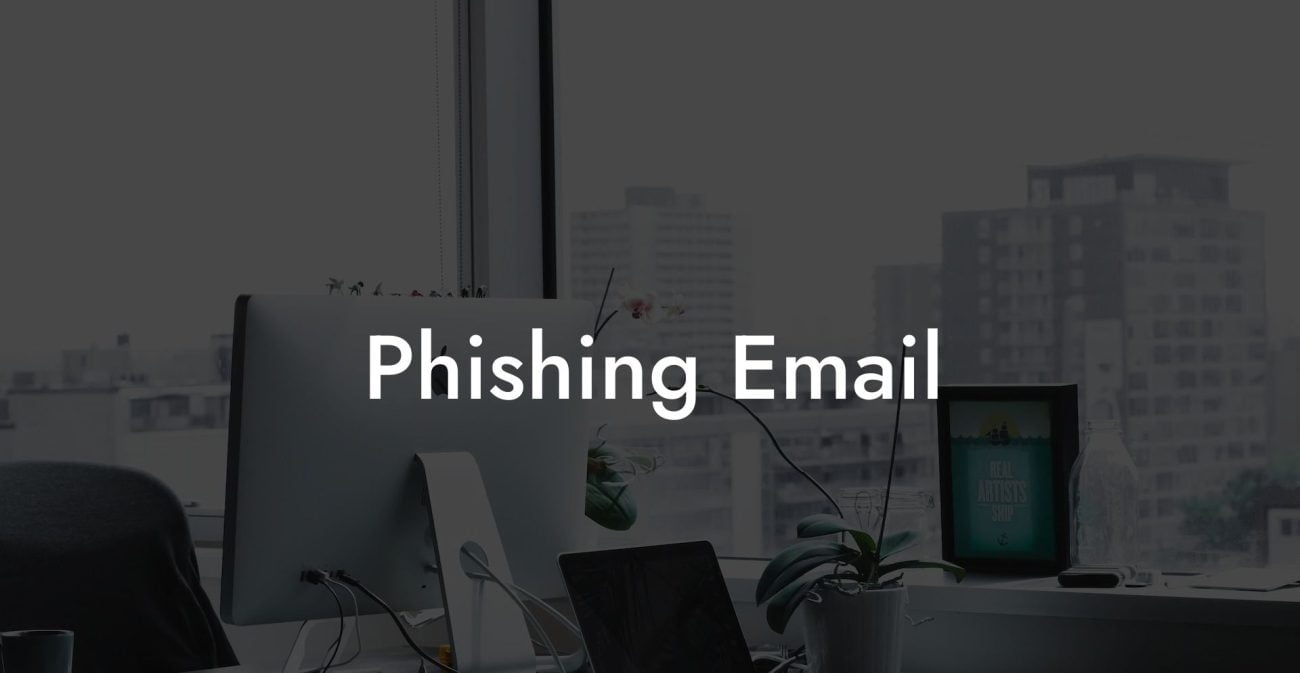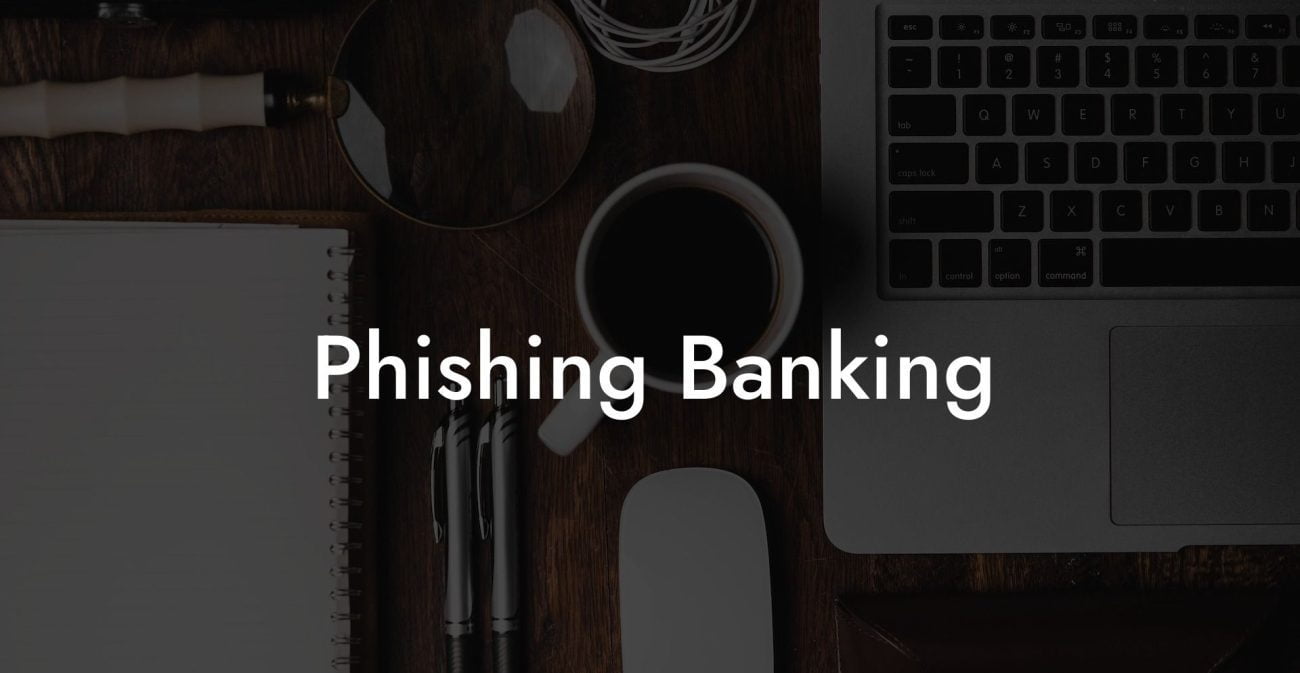In today's fast-paced digital world, scam artists have developed a variety of clever techniques to trick people into divulging their personal and financial information. One such deceptive practice that has been gaining traction recently is voice phishing, also known as "vishing." Research has shown that vishing attacks are on the rise as scammers take advantage of advancements in technology to target vulnerable populations. In this complete guide to voice phishing, we delve into this alarming trend, detailing the different types of scams, how to identify them, and what you can do to protect yourself against these malicious callers. So grab your sunscreen and join us on this enlightening expedition as we explore the dark world of phishing scams.
Phishing Guidelines Table of Contents
What is voice phishing?
Voice phishing or "vishing" is a form of phishing attack where scammers use the phone system to target victims and extract sensitive information, such as banking details, account passwords, and Social Security numbers. These attacks can occur through various channels, including landline phones, mobile phones, and VoIP services like Skype.
Types of voice phishing scams
Protect Your Data Today With a Secure Password Manager. Our Top Password Managers:
1. Impersonating legitimate businesses or organizations: Scammers may claim to represent well-known companies, banks, or government organizations to gain your trust, then ask you to disclose your personal or financial information. They may fake a sense of urgency, stating that immediate action is required to avoid dire consequences.
2. Tech support scams: Fraudsters pretend to be tech support agents from reputable companies and claim that they've received notifications of issues with your computer, phone, or tablet. They may ask you to install a malicious program or divulge sensitive information to "resolve" the issue.
3. Prize and lottery scams: Callers may inform you that you've won a prize or lottery jackpot and request your bank details or personal information to "process" your winnings.
4. Family emergency scams: Scammers impersonate your loved ones in distress, claiming they need money for an emergency, such as a car accident or medical bills.
Recognizing voice phishing scams
1. Be skeptical of unfamiliar or unexpected calls: Always regard unsolicited calls with suspicion, even if they appear to be from a trusted source. Scammers can spoof Caller ID, making it difficult to determine a call's legitimacy.
2. Listen for discrepancies: Fraudsters may fumble when asked probing questions about their identity or the nature of their call. If something seems off, trust your instincts and hang up.
3. Be cautious of links and attachments: Links and attachments sent by unknown or unsolicited callers may contain malware or lead to phishing websites designed to steal your information. Proceed with caution.
Protecting yourself from voice phishing scams
1. Don't divulge sensitive information: Avoid sharing personal or financial information during unsolicited calls, especially if the caller pressures you to act quickly. Legitimate organizations typically do not request sensitive data over the phone.
2. Take the initiative: If you receive a suspicious call, ask the caller for their name and the company they represent. Then, independently look up the organization's contact information and call them directly to verify the call's authenticity.
3. Seek expert assistance: If you suspect you've been targeted by a voice phishing scam, report the incident to the relevant authorities or seek professional advice on what to do next.
Voice phishing continues to be an ever-evolving threat that requires constant vigilance and awareness. By following these phishing guidelines, you're well on your way to protecting yourself from the advances of malicious callers. Knowledge is power, and we hope that our complete guide to voice phishing has left you better equipped to identify and avoid these cunning scammers.
We encourage you to share this article with your friends, family, and colleagues to help spread awareness and knowledge about this critical cybersecurity issue. Don't forget to explore other informative guides on our website to continue empowering yourself against the ever-present threat of online scams. Stay safe and informed!
Protect Your Data Today With a Secure Password Manager. Our Top Password Managers:

